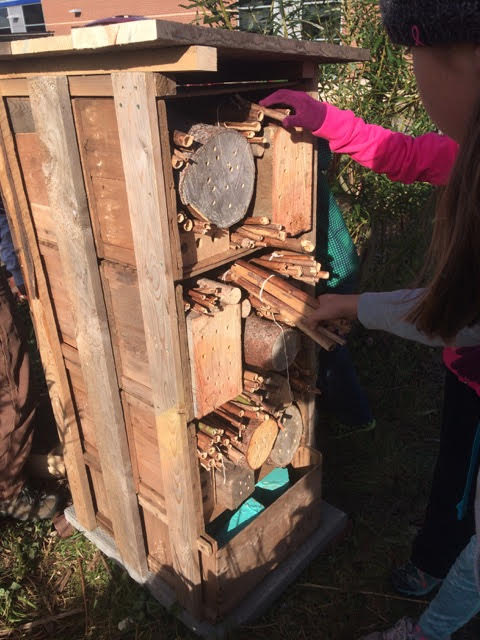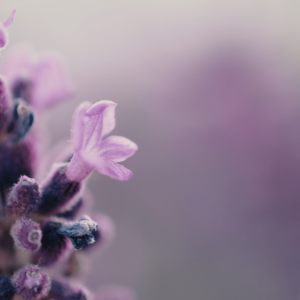NatureHood Partner spotlight: Young Naturalists Club of Nova Scotia
NatureHood is a national program of Nature Canada, with a goal of connecting people of all ages to nature in their neighbourhoods – aka their NatureHoods! Through strong partnerships with our grassroots naturalist clubs and organizations across Canada, NatureHood promotes nature awareness and exposes a new generation of nature lovers.
In October of 2016, the Young Naturalists Club of Nova Scotia built a pollinator hotel for the Common Roots Urban Farm with the help of the Halifax Builders Cooperative. A pollinator hotel is a structure meant to house solitary pollinators. This not only attracts them to the area the hotel is in, but also provides them with somewhere to live which helps them survive the winter.

A pollinator hotel. Photo by Young Naturalists Club of Nova Scotia
In the Halifax area, the most common solitary pollinators are Mason Bees, Leafcutter Bees, Sweat Bees and Digger Bees. As the name suggests, these bees all live solitary lifestyles and make their own nests rather than in a hive like the Honeybees people typically think about. These solitary bees can do all the same pollinator jobs as Honeybees, but because they don’t have a hive to defend, they are much less aggressive and rarely ever sting.
Members of the Young Naturalists Club had the opportunity to take up some drills and saws to tailor make their hotel for the solitary pollinators found in the Halifax area. Hotels need to be filled with many small tunnels for the bees to live in. In this case, the hotel was made with tunnels eight inches long and ranging from five-sixths of an inch to three-eighths of an inch in diameter to give pollinators of different sizes enough space. A variety of nest materials were used including apple crates, wood beams, lengths of bamboo and even some bricks. This structural variety accommodoates many different species of pollinators, increasing the number of species that are able to make their homes in the hotel.
Some other factors the Young Naturalists Club considered when building and positioning their pollinator hotel were environmental factors. The hotel was positioned in a location where it receives early morning sun but is protected from the hottest midday sun. A sturdy roof and back are also necessary to protect the hotel from wind and rain that the pollinators would otherwise be unable to handle. Another very important factor is easy access to mud. When female solitary pollinators lay their eggs, they like to block up the tunnels containing them with mud. This provides protection and insulation to the eggs and is also an easy way for observers to tell if the hotel has any guests.
The contribution of a pollinator hotel to the Common Roots Urban Farm will attract new solitary pollinators to the farm, as well as allow them to survive the winter and be productive as soon as spring starts. This is very important not just for the pollinators themselves, but also for the plants growing on the farm. The presence of pollinators encourages biodiversity, meaning members of the Young Naturalists Club can be proud they built a structure that will help keep the farm’s ecosystem balanced. And if you ever get the chance to visit Common Roots Urban Farm, be sure to keep a lookout for the pollinator hotel and take the opportunity to check on its guests!



